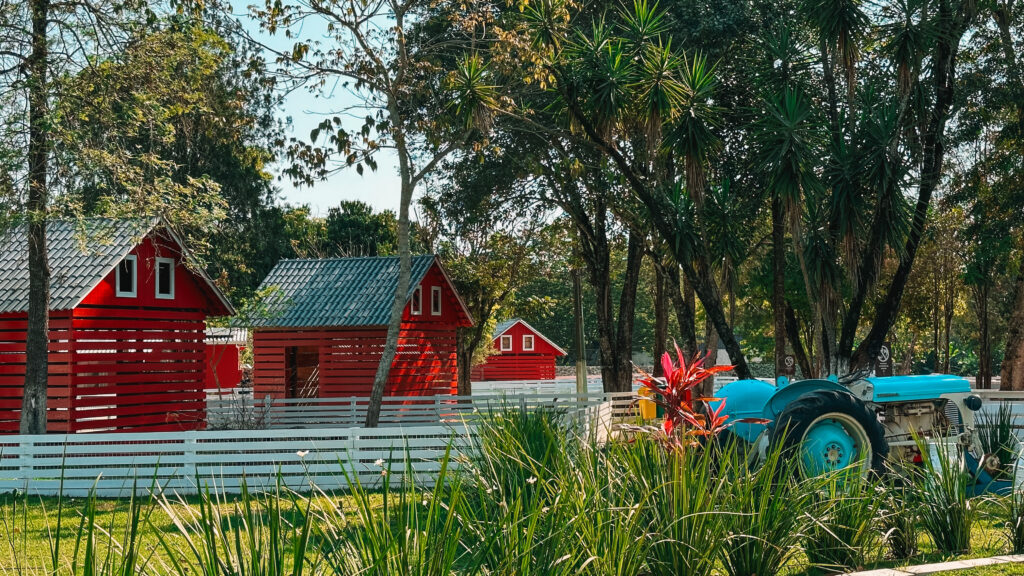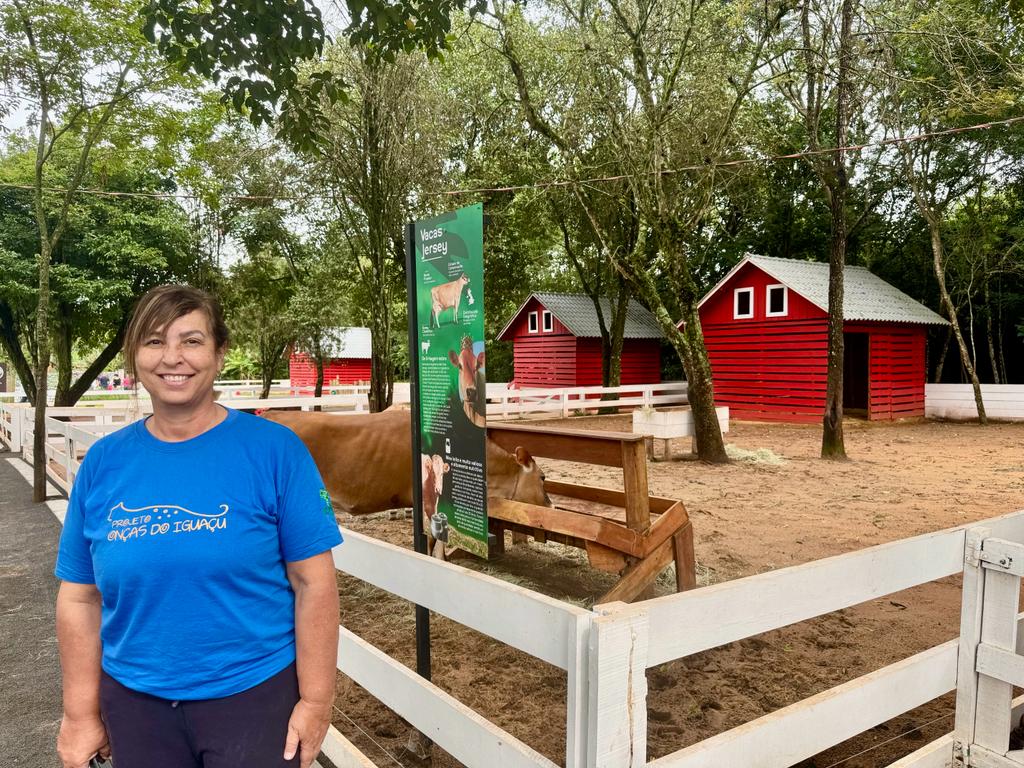The Dreams Eco Park family grew this week with the birth of the first Azara night monkey cub.
The new member of the family is receiving intense care from his parents and is always clinging to his mother's back under the watchful eye of the institution's staff.
They can suckle for up to 12 months. At the age of two, they will be considered adults and can measure 37 centimeters and weigh up to 1.2 kg.
The son of Nelson and Neide, the new monkey is still unnamed because the sex identification will only be done in a few months' time. According to the Dreams Eco Park team, doing the sex identification procedure now could lead to the cub being rejected by its parents and the group.
"We're all looking forward to baptizing the new member of the family that already included the parents and three cubs. Now there are four," said Igor Morais, the institutional manager of Dreams Eco Park.
According to Morais, this species is very little known. The size of its population in the wild is still unknown, but biologists warn that there is a tendency for it to decline due to habitat destruction.
In Brazil, the Azara's night monkey has only been sighted in one protected area: the Piraputangas Municipal Natural Park, in Corumbá (MS). The other areas of its distribution have little or no legal protection.
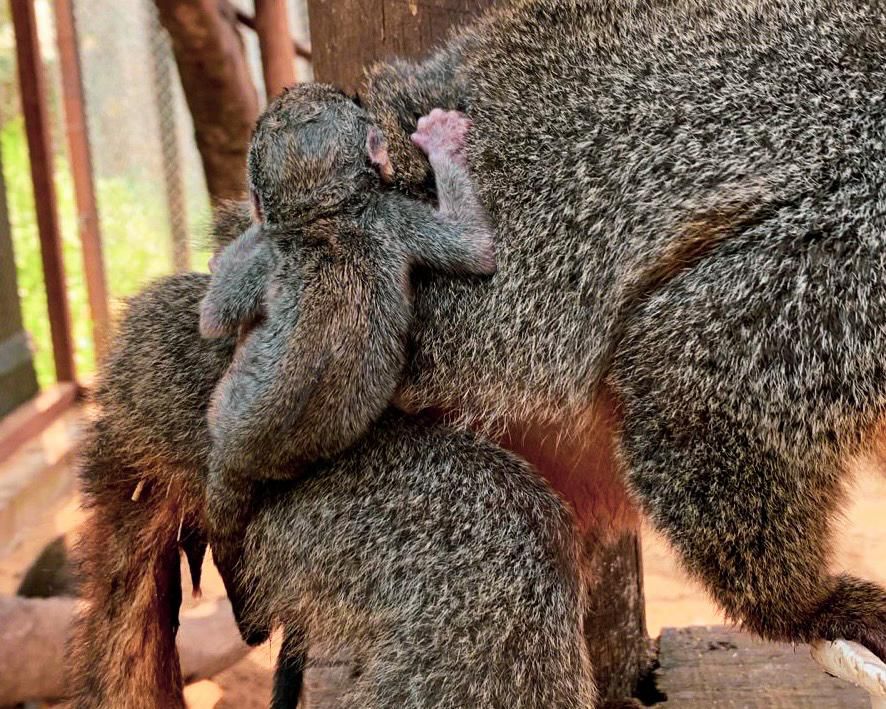
Housing
The family of night monkeys has been living at Dreams Eco Park since April. They came from the Noah's Ark Preserve in Morro Reuter, Rio Grande do Sul. Parents and offspring will soon be living together with other monkeys in the Primate Forest, which is currently under construction.
In the Forest, visitors will be able to meet and observe their closest relatives in the Americas, such as howler monkeys and great-bellied monkeys. All in a unique environment in Brazil.
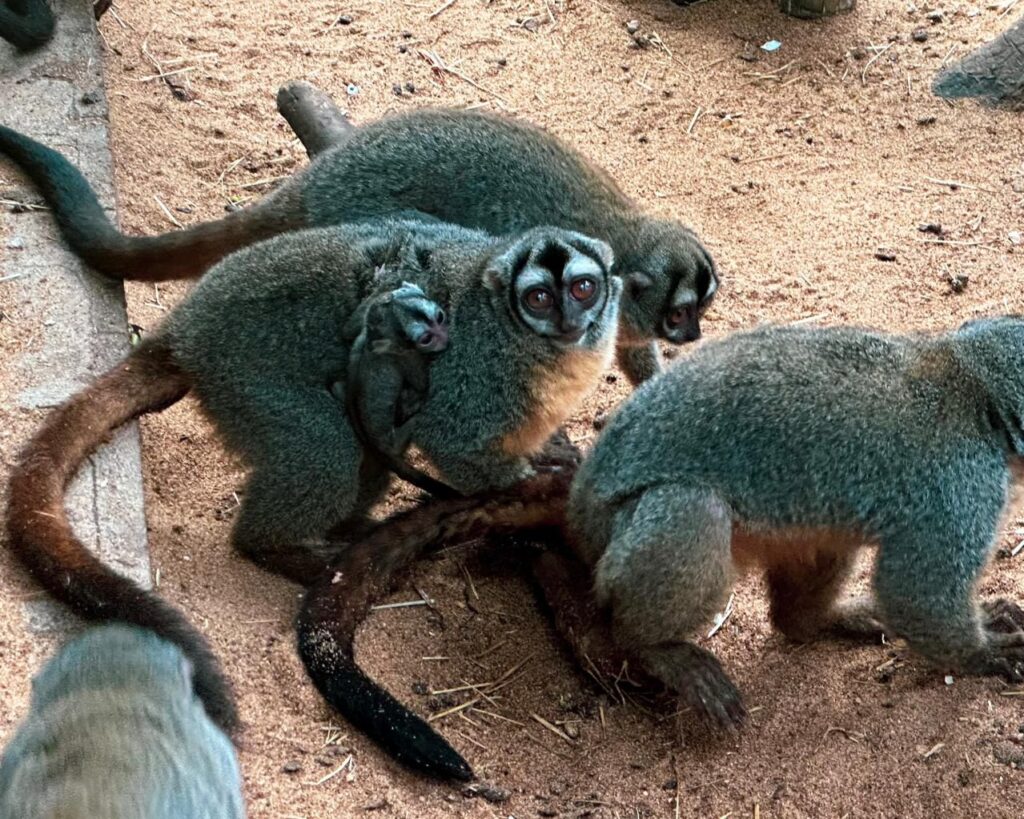
They see in the dark
Night monkeys are a family of at least 13 known species, distributed throughout South and Central America. They get their name because they are the only anthropoid primates with nocturnal habits and large eyes to help them capture the dim light in the forest at night. However, they have difficulty seeing in the dark.
Their night vision is little better than that of humans and other diurnal primates. This condition is evidence that night monkeys acquired the nocturnal habit very recently in their evolutionary history.
In other words, night monkeys evolved from a primate that was active during the day. Another characteristic of their vision, different from other primates in the Americas, is their inability to distinguish colors. Their vision is monochromatic and they only see in black and white.
The Azara's night monkey is found in Argentina, Bolivia, Paraguay and Brazil, inhabiting the Pantanal in the states of Mato Grosso and Mato Grosso do Sul. The name is a tribute to the engineer and naturalist Félix de Azara, who explored the Triple Frontier region between the late 18th and early 19th centuries at the request of the King of Spain.
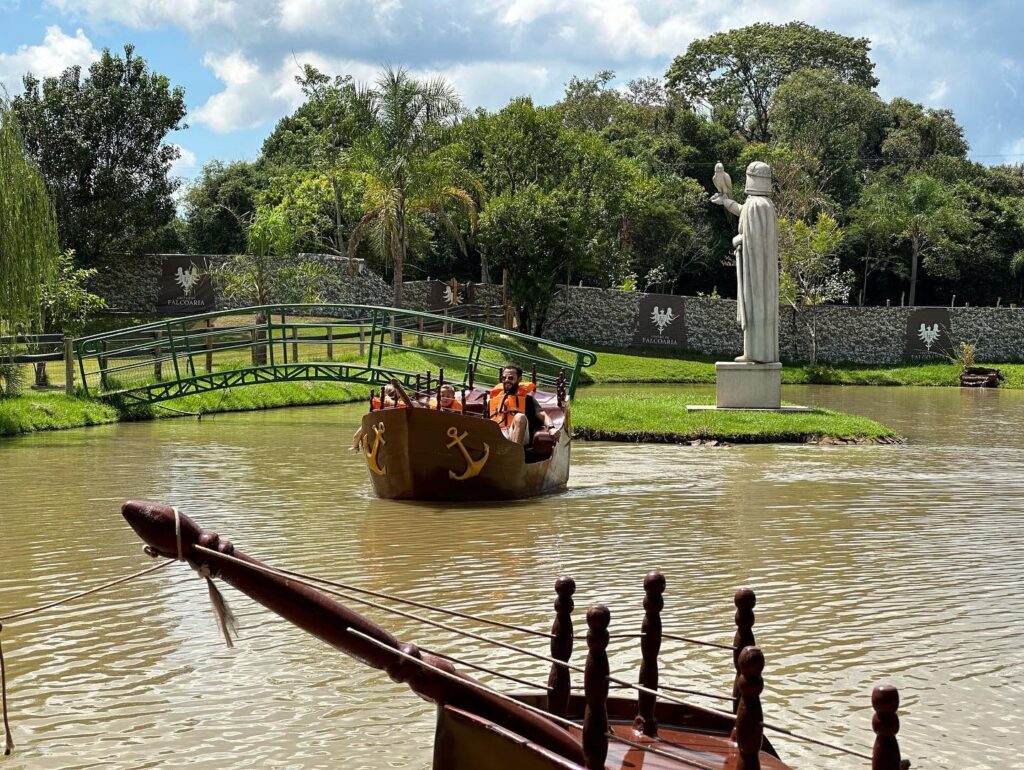
The Eco Park
Dreams Eco Park is a space that tells the story of man's relationship with animals in Foz do Iguaçu. Within an area of more than 30,000 square meters there is a small farm with various species of animals, where there is controlled interaction, and an aviary with birds rescued from mistreatment.
There is also an arena where there are presentations by birds of prey and interactions with the Creole horse. For visitors, there is still plenty of space to walk barefoot, rest, have a picnic and connect with nature.
To top it all off, there are playgrounds and Lago da Anta, where you can go pedal boating and meet the capybaras.
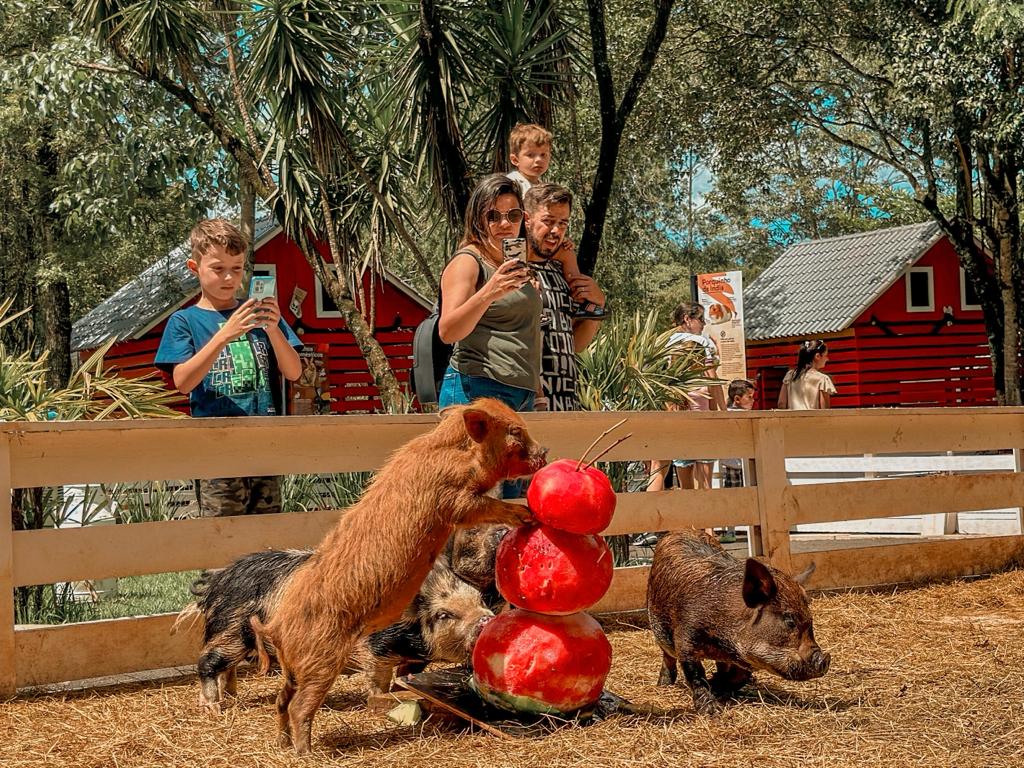
Dreams Eco Park is located next to the Dreams Park Show Complex, on the Cataratas highway. It is open daily from 9am to 5pm.


